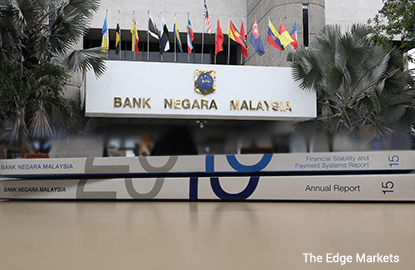
This article first appeared in The Edge Financial Daily, on March 24, 2016.
KUALA LUMPUR: The greater flexibility for the insurance industry in pricing motor and fire products under the new liberalisation initiative will promote competition, says Bank Negara Malaysia (BNM). This in turn will drive improvements in underwriting and claims management.
Motor and fire have been the two largest classes of business for general insurers and takaful operators, accounting for about 65% of total industry premiums (including contributions in the context of takaful) on average over the past five years.
The liberalisation provides for the removal of tariff requirements in phases, with the first phase starting in July 1, 2016. In the new environment, the industry will have the flexibility to offer motor and fire products with new features or differentiated scope of cover, at market-based prices.
BNM said the liberalisation will see broader collaborative efforts, both across the industry and with service providers, accelerated to streamline existing practices and minimise leakages and delays in claims settlements.
Such efforts, it said, include the establishment of the Fraud Intelligence System by the industry to address insurance fraud, upskilling intermediaries to further enhance professionalism, and raising the standard of the repair industry to facilitate more efficient claims processing.
“Over time, premium rates would be priced fairly and become more aligned to the underlying risks, thus allowing vehicle and property owners with lower risk profiles to be charged lower premium rates,” the central bank said in its Financial Stability and Payment Systems Report 2015.
“Similarly, those with higher risk profiles will be appropriately incentivised to undertake measures to reduce risk exposure or improve their risk profiles,” it said, adding that this may reduce the incidence of accidents and thefts, which can moderate inflation in claims costs and premium rates, as well as ensure the industry’s long-term sustainability.
BNM said that aside from having greater product choices, consumers will also benefit from the ability to vary coverage limits or purchase optional extensions. This will enable the scope and level of protection, as well as the corresponding premium rates, to be customised to match individual risk profiles.
“The industry is well placed to make a smooth transition towards a more market-based regime. The regulatory and supervisory efforts undertaken by the bank over the years have substantially strengthened the resilience of the industry and instilled better governance, risk management and market practices,” said the central bank.